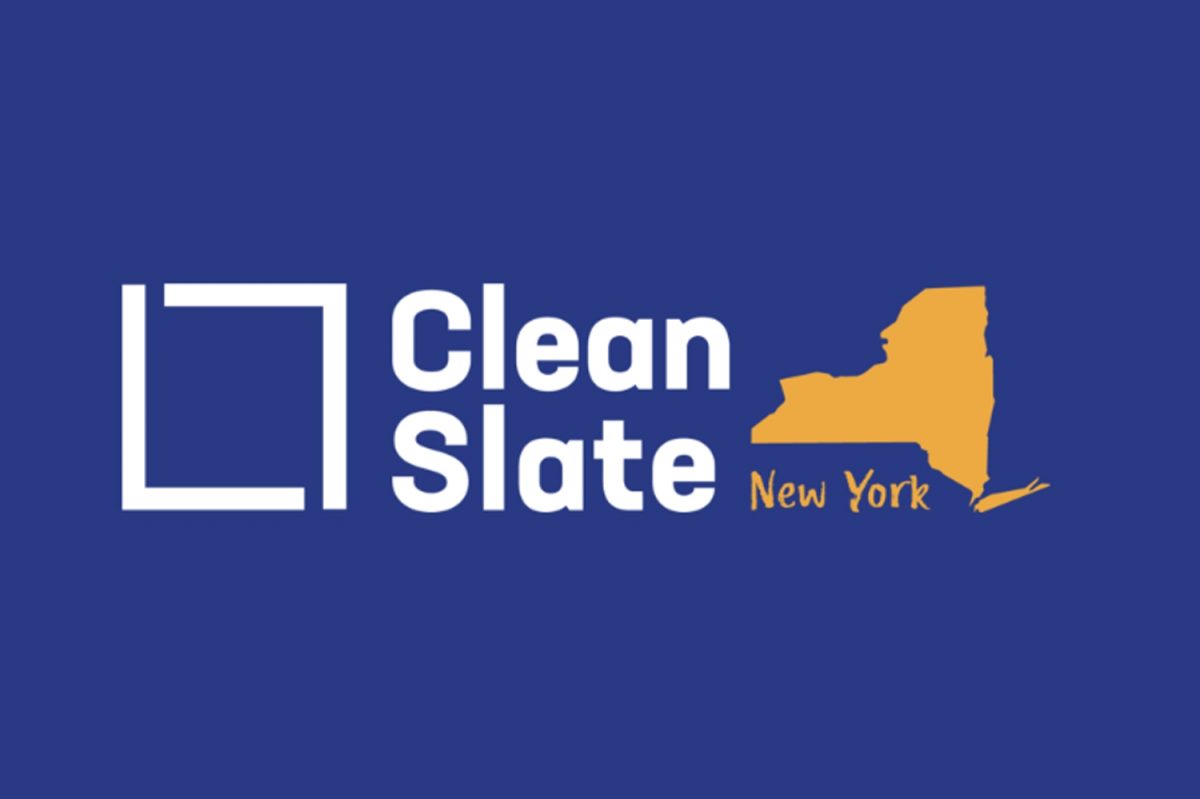New York State Legislature passes Clean Slate Act

The New York State Legislature has passed the Clean Slate Act (S.7551-A/A.1029-C), which, if signed into law by Governor Hochul, would establish the automatic sealing of certain conviction records after a specific period of time for individuals that have completed their sentences and meet certain eligibility requirements.
Senate Majority Leader Andrea Stewart-Cousins said, “Clean Slate offers a genuine second chance to individuals who have fully paid their debt to society, enabling them to restart their lives and become positive contributors to their communities. By passing Clean Slate, we affirm our belief in redemption and improve our society by providing formerly incarcerated individuals a better opportunity to enter the workforce and establish stable lives.”
The Clean Slate Act provides for the automatic sealing of misdemeanor and felony criminal convictions upon meeting the following requirements:
•For a misdemeanor conviction, at least three years have passed since the individual’s release from incarceration or the imposition of sentence, if there was no sentence of incarceration;
•For a felony conviction, at least eight years have passed from the date the individual was last released from incarceration;
•The individual does not have a criminal charge pending; and
•The individual is not currently under the supervision of any probation or parole department.
Class A felonies for which a maximum life imprisonment sentence may be imposed and convictions requiring registration as a sex offender are not eligible for sealing.
The law would allow access to or the release of these sealed records to:
•Courts and prosecutors during a new criminal case;
•Law enforcement officers under the scope of an investigation;
•Any entity that is required under state or federal law to conduct a fingerprint-based background check or an entity authorized to conduct a fingerprint based background check where a job applicant would be working with children, the elderly or vulnerable adults; and
•A licensing officer processing a firearm license application.
Additionally, the law will not affect or invalidate any active order of protection, require the destruction of DNA submitted to the statewide DNA database as part of a conviction, or require that DMV records be destroyed or sealed.
Proponents say the Clean Slate Act will help prevent discrimination among formerly incarcerated New Yorkers and help give them a better opportunity to secure a job and find stable housing. This legislation will also boost the state’s economy and workforce, as more qualifying New Yorkers with a past conviction will be able to enter the labor market and increase their earnings. Additionally, the law provides for keeping people’s conviction records accessible for certain law enforcement purposes and other necessary needs under specific circumstances. New York will be the 11th state to enact legislation that provides for the automatic sealing of criminal convictions.
Assemblyman Steve Hawley (R,C-Batavia) denounced the bill as an effort to prioritize the welfare of criminals above law-abiding citizens. “This measure will single-handedly make the review of convicted felons’ history much more difficult, inherently increasing threats to public safety,” Hawley said. “For a victim of crime, the slate is never wiped clean, so the favoritism shown to former convicts astounds me.”
Bob Duffy, president and CEO of Greater Rochester Chamber of Commerce, disagrees. “In New York, a conviction on a person’s record can block opportunities like stable jobs, licenses to practice trades, and secure housing. When a person is convicted of a crime and sentenced to incarceration, he or she has ‘repaid their debt to society’ once they are released,” said Duffy. “Enacting this legislation is a necessary and important step toward righting the wrongs that have left behind a huge population of New Yorkers.”
Provided information





